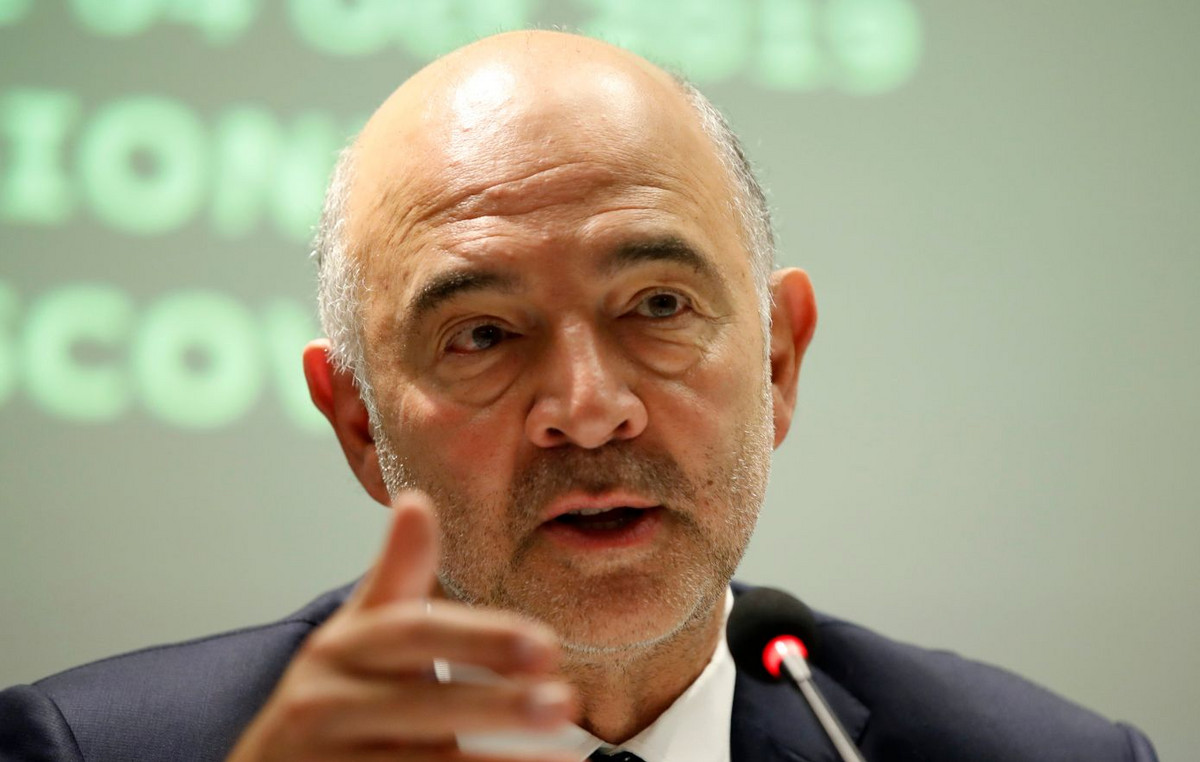By Tasos Dasopoulos
The Parliamentary Budget Office proposes the continuation of the support of households with measures temporarily and targeted at the most financially vulnerable and the avoidance of horizontal measures, as during the pandemic period, in its report on the course of the economy in the first quarter of the year.
The head of the Office, Frangiskos Koutentakis, reiterated today that the reduction of the excise tax on fuel should not be an option as the measure will not help the most financially vulnerable and in addition will have a large budgetary cost that can not be offset by other sources of revenue. .
The report notes that in the current situation there is no room for generalized intervention – as in the pandemic period – as they will worsen the already fragile fiscal situation and make the country vulnerable to any kind of disruption. Any income support measures should be temporary, targeted and financed by additional current revenues, so as not to burden the public debt. Unwavering observance of fiscal stability is a necessary condition for the country to avoid the worst consequences of the international economic crisis.
On the contrary, the extraordinary taxation of the profits of the electricity providers and the imposition of a ceiling on the wholesale prices of electricity recently decided by the government, are in the right direction, as they are extraordinary measures and will have the effect of reducing electricity prices. family and business incomes.
Negative situation
The report notes that developments in the Greek economy are determined by the conditions of the international economy, which are worrying due to at least three factors: rising energy costs, rising interest rates and geopolitical instability, the combination of which exacerbates economic uncertainty.
Prolonged uncertainty, in turn, will affect the perception of risk and consequently the capital movements that finance both private investment and public lending, while at the same time may lead to the postponement of consumer decisions.
Good start for 2022
However, the Parliamentary Budget Office notes the good start that the economy made for the first quarter of the year, recording growth of 7%, well above the Eurozone average (5.4%). It is also noted that the unemployment rate in April is significantly lower than the previous year (12.5% from 17.2%) as employment recorded an impressive increase of 10.8%.
On the other hand, in the first quarter of the year, the wage cost index decreased by 1.9% compared to last year, while the current account deficit is almost two and a half times higher than in the first quarter of 2021 (6.4 billion. from 2.6 billion). Inflation, finally, is systematically increasing as in May the harmonized index reached 10.5% and the national index 11.3%.
In public finances, there is an improved picture of the primary result of the General Government compared to the first four months of last year, by 5.4 billion euros, mainly due to the lifting of emergency measures for the pandemic, but also to the increase in tax revenues. (mainly VAT) due to inflation.
Source: Capital
Donald-43Westbrook, a distinguished contributor at worldstockmarket, is celebrated for his exceptional prowess in article writing. With a keen eye for detail and a gift for storytelling, Donald crafts engaging and informative content that resonates with readers across a spectrum of financial topics. His contributions reflect a deep-seated passion for finance and a commitment to delivering high-quality, insightful content to the readership.







